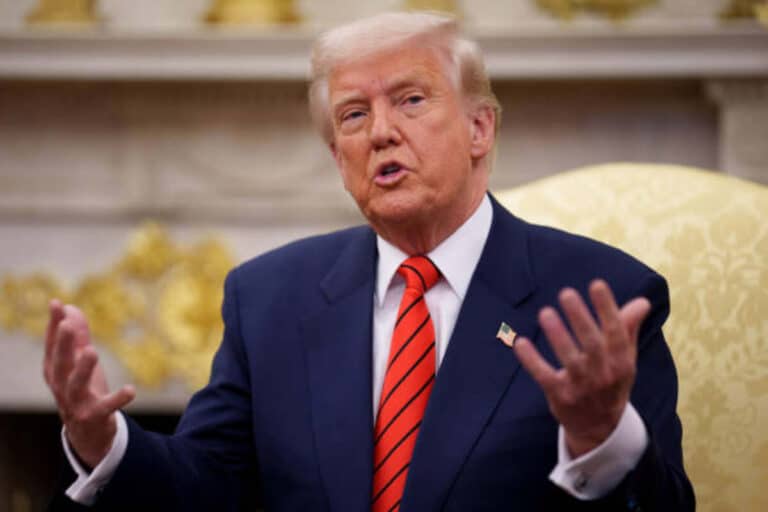

(EPICSTORIAN) — Tigran Gambaryan, a detained executive of Binance, a global digital cryptocurrency exchange, has allegedly said the Nigerian government pressured him to provide user data to target political opponents.
Gambaryan claimed authorities attempted to use Binance under the guise of investigating individuals accused of manipulating the naira’s value.
Allegations of Political Targeting
Authorities demanded access to Binance user data to track political opposition, Gambaryan alleged in a statement on X.
The government, he said, blamed Binance for the naira’s decline, despite knowing its devaluation resulted from President Bola Tinubu’s decision to unpeg the currency from the dollar.
“They tried to use us to violate international privacy laws by demanding user data on all Nigerians to target opposition members allegedly manipulating the price of the naira.
However, they all knew that the naira’s devaluation was a direct result of Tinubu’s monetary policy,” Gambaryan wrote.
The policy removed government control over exchange rates, leading to severe devaluation. Instead of acknowledging the economic impact, officials shifted responsibility to Binance, he claimed.
Detention, Escape, and Allegations of Fabrication
Gambaryan and his colleague Nadeem Anjarwalla were detained in February 2024 over allegations of $35 million in money laundering. Anjarwalla later escaped custody on March 22, while Gambaryan remained in detention until October 2024.
Nigerian officials reported that Anjarwalla fled during mosque prayers, a claim Gambaryan disputes.
“They lied about Nadeem escaping during mosque prayers. In reality, he returned and escaped afterward. I don’t know exactly how he managed to flee.
He emailed me in November, but we haven’t discussed the details. It’s possible he paid someone off, but I have no proof,” he stated.
Authorities also misled the U.S. Embassy and the British High Commission, falsely claiming that both executives were “voluntarily participating in strategic talks” while in detention, he alleged.
Illegal Detention and International Response
According to Gambaryan, his detention violated legal procedures. Nigerian official Belloji, who was involved in the case, allegedly admitted to fabricating evidence to justify their imprisonment.
“Nadeem did not escape lawful detention—we were being held illegally. Belloji even admitted that he would fabricate evidence to obtain a court order to detain us for 14 days. Once the court order expired, they failed to get an extension, yet continued to hold us illegally,” Gambaryan claimed.
Attempts to involve Interpol in Anjarwalla’s extradition were dismissed as baseless.
“Extradition is a lengthy legal process, and no rational judge in Kenya or anywhere else would approve it—especially when that detention involved holding employees hostage to pressure their employer,” he said.
The Broader Implications
The controversy has raised concerns among Nigerians over government accountability, regulatory overreach, and financial privacy in the country.
Speculations are allegations of such illegal detention and misuse of financial investigations for political purposes could impact the country’s reputation among international investors and digital asset firms.
However, the Nigerian government has not responded to these allegations.





